"No One Needs Us": About Life Of Belarusian Liquidators Of Chernobyl NPP Accident
12- 26.04.2021, 8:02
- 8,362
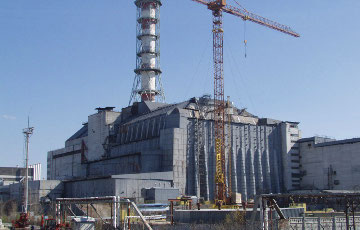
Today is the 35th anniversary of the accident at the nuclear power plant.
Thirty-five years ago, the disaster at the Chernobyl nuclear power plant divided the lives of thousands of people into "before" and "after." The liquidators from Belarus recall the first days after the explosion and tell how they live now, Deutsche Welle reports.
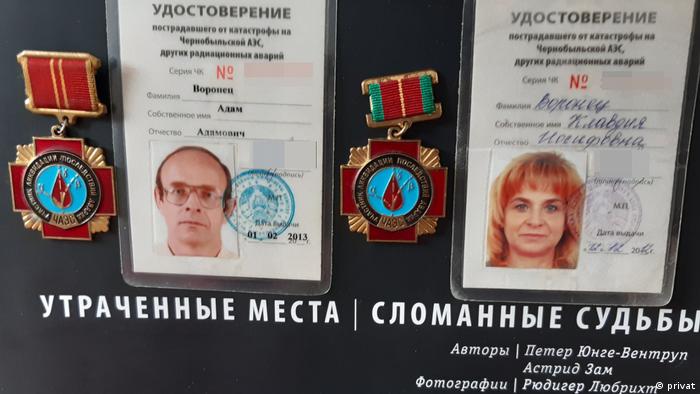
Teachers Adam and Klaudia Varanets from the village of Uts in Homel region were liquidating the consequences of the Chernobyl accident, then for 25 years they were taking children from the affected areas abroad for recuperation. The couple have told reporters about life after the tragedy, an audience with the Pope and how the liquidators are not wanted in their own country.
"Children were fainting, their noses were bleeding"
"No one told people anything. On the fourth day after the tragedy, there appeared a few lines in the newspaper: there has been an accident, the consequences are being liquidated. Only our colleague, a teacher of Physics, was saying that it was very dangerous, that we should leave. But the authorities forbade it, everyone had to stay where they were to avoid panic," - Adam Varanets recalls the first days after the Chernobyl accident.
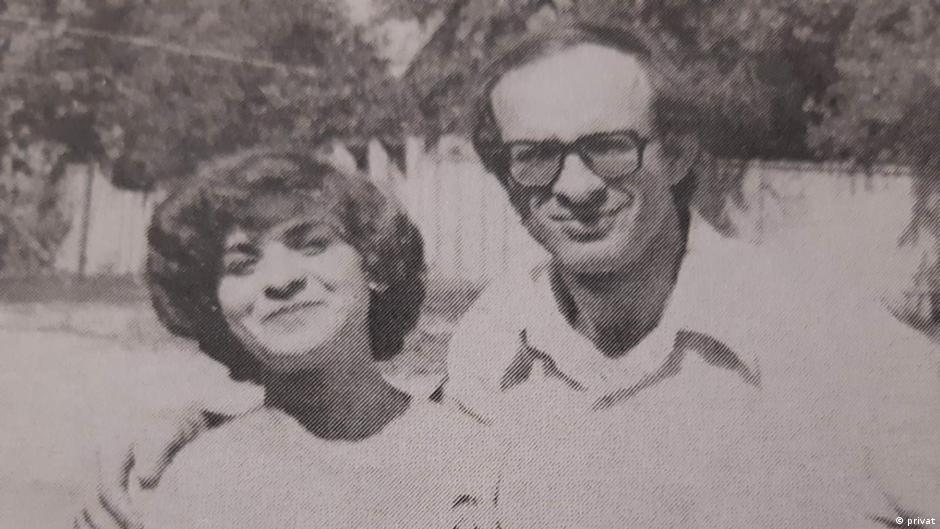
In 1986, he was 33. Together with his wife Klaudia, who was 28 at the time, they were living in the village of Vastrahliady in Brahin district (now an abandoned area), raising two children and working in the local school.
Klaudia says that two days after the accident a sports game called "Starts of Hope" was held in Brahin where schoolchildren from the entire district were brought in. During the competition, a lot of them felt sick. "Children were fainting, their noses were bleeding. We called an ambulance, the medics said it was supposedly because of the heat. It was really hot that day, I was wearing a tunic and I got as tanned as if I had been at the sea for a month," - the woman says.
Her own children also spent a lot of time outside that weekend: playing in the sand, running across puddles after the rain. Two weeks after the explosion at the Chernobyl nuclear power plant, the parents took the children to Klaudia's mother to Hrodna region. She could not believe anything had happened - after all, the authorities had said nothing about the accident, and the TV was showing tractors plowing the fields peacefully.
"No one said anything about compulsory evacuation"
It was not until May 11 that they began evacuating children en masse from Brahin District. The teachers were visiting the nearby villages on foot until late at night, warning about the evacuation, collecting data. "The children were taken to pioneer camps, and the adults continued to work as before. Military men appeared in the village, they were washing the houses. Teachers were washing the school, removing the top layer of earth around the building, taking it to the burial ground, and working in the state farm fields," - Adam says.
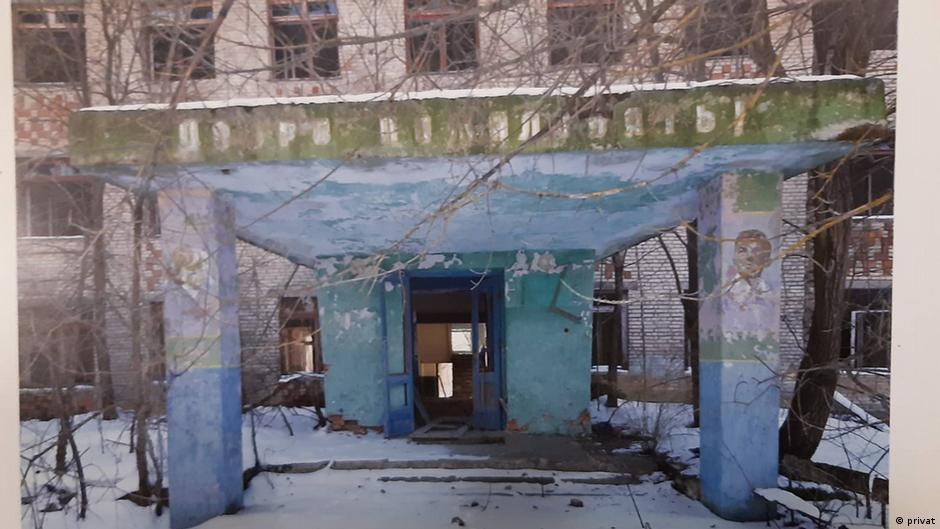
No one was talking about compulsory evacuation at the time. The school was being prepared for the new school year, and at the end of the summer the children returned to the village. "I vividly remember: there were military men at our school, the buses with children were greeted by a military band, everyone was so happy, because they were returning home. And on August 28, the school principal came from a meeting and informed us that we would be resettled," - Klaudia recalls.
Adam and his wife did not leave Vastrahliady until mid-October. Later, they were both recognized as liquidators for deactivating the school, working at the state farm, and evacuating children. When they retired, each month they had spent in the zone amounted to three.
More than a thousand local children were treated under the recuperation program.
Klaudia says that the move was not easy for them, at the age of 28 her legs almost became numb: "For several months I could hardly walk. It was a 3-4-minute walk to school, but in order to make it, I was leaving home in half an hour. Over time, my problems with my legs gradually disappeared, but I discovered that I had other problems - with my thyroid gland. The woman says that she only avoided surgery because she began taking children to Italy for recuperation. The sea air and seafood helped her health a little.
Formally the village of Uts, where the liquidators live, is considered a clean territory, although two neighboring villages, one half a kilometer away and another three kilometers away, are contaminated. The children of Uts were not supposed to get benefits, free food, or recreation, but Adam and Klaudia managed to get all the local schoolchildren to go abroad every summer.
The Italian partners brought a lot of humanitarian aid to Dobrush district, donated two reanimobiles, and equipped with modern equipment the outpatient clinic in the village of Uts. The Varanets couple cooperated with several charitable foundations; in 25 years more than a thousand local children were treated abroad.
The audience with the pope
In 2016, the Varanets, together with other Belarusian, Ukrainian and Japanese liquidators were invited to an audience with the Pope. The meeting was initiated by the Dortmund International Education Center and was dedicated to the 30th anniversary of the Chernobyl accident and the fifth anniversary of the Fukushima accident.
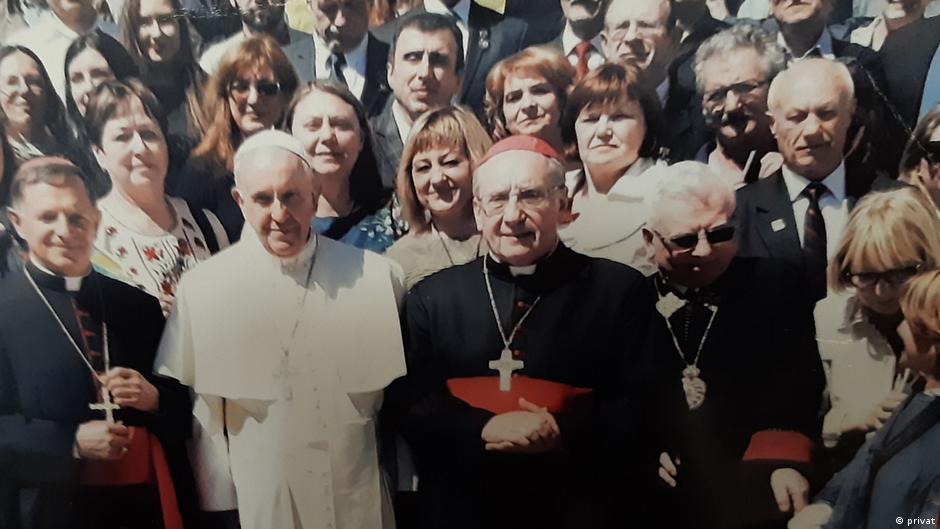
"There were over 10 thousand people at the event, I've never seen so many people before. We were sitting in the front rows. After the official part we were taken to the pope, there was a brief conversation, a handshake," - Adam recalls.
Adam and Klaudia have never received gratitude from the local authorities for their work. In 2006 Adam ran for parliament. For that, he says, he was fired from the school. Two years later, Klaudia was also fired - as the couple say, "for political reasons."
"We have spent our entire pension on medicines"
Only 25 of those who moved to Uts from the evacuation zone in 1986 are alive today. A lot of people died while they were still young - the local cemetery has a whole alley with the graves of the resettlers.
The villagers are often diagnosed with cancer. Adam and Klaudia also have health problems. Klaudia says that before the explosion at the Chernobyl, she did not even have an ambulatory chart, but after the accident, the woman started getting sick: "Every year my husband and I get sicker and sicker. I had a microstroke, I have permanent hypertension, but the worst thing is that 30 years after Chernobyl my daughter was diagnosed with cancer".
"The liquidators used to have a free annual trip for recuperation, two extra weeks of vacation, free travel, and practically free medications. In 2007 all this was taken away and we were left with nothing. Now we need a lot of medications because of our age. Now there is a coronavirus pandemic, and we have spent our entire pension on medications," - Adam says.
According to Klaudia, the liquidators cannot even get for a medical examination to the radiation medicine center in Homel, which was built with the help of foreign investments. Now, they primarily help paying patients there, most of whom are Russians.
"They have taken away all our benefits. Even in the certificates now it is written not "liquidator", but "victim". Back then we were not asked if we wanted to participate in the liquidation, the motherland said: "You must do it," we said: "Yes, we'll do it." Now nobody needs us", - the woman says with bitterness.









